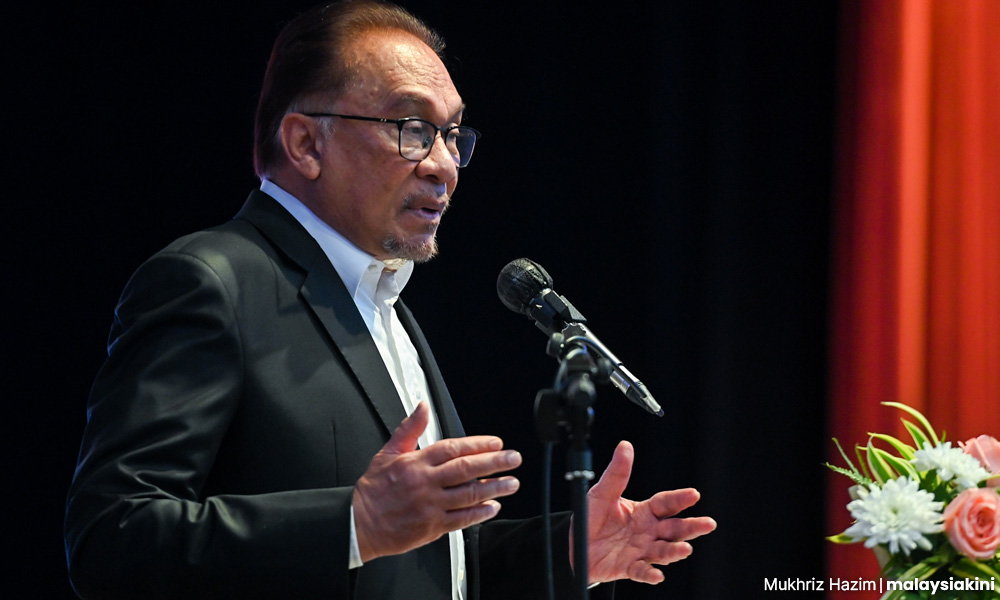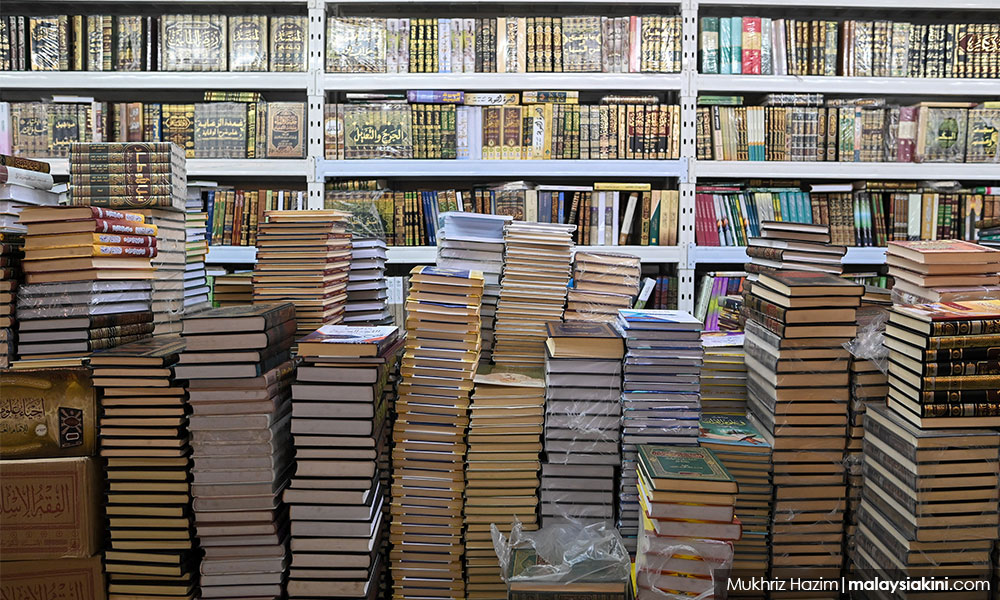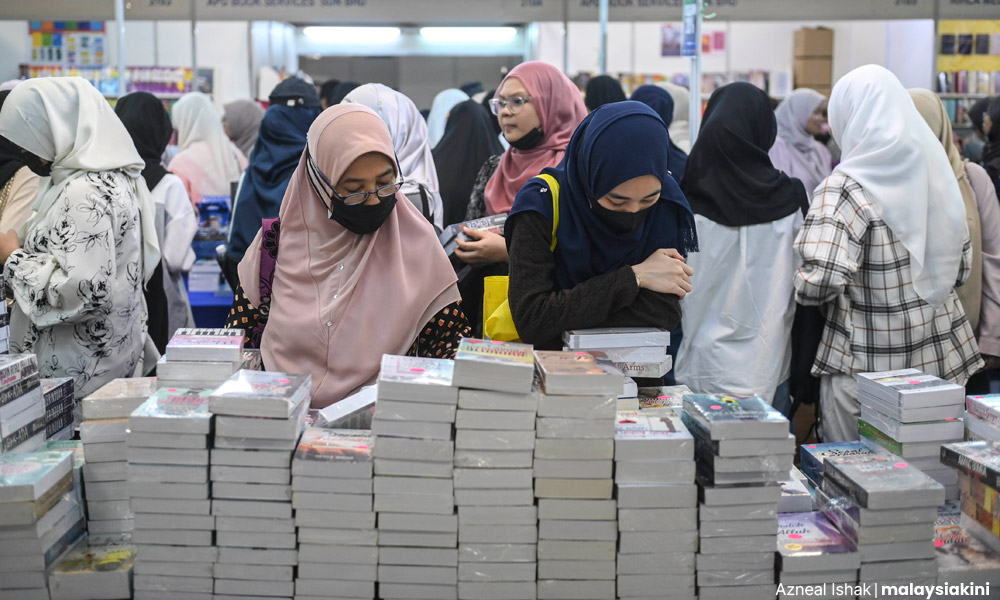Twice in a matter of a week, Prime Minister Anwar Ibrahim has urged Malaysians to read to obtain a better grasp of issues and policies.
Early last week, at the Malaysian Press Night, he said journalists should read widely to gain knowledge and insight, the better, presumably, they are able in their reports to evoke public discussion and debate.
At the end of the week, at Universiti Sains Malaysia, Anwar opined that leaders must be well-read so that they can speak knowledgeably on issues sparking in the public arena.
At both the press and university functions, Anwar was pushing for the cultivation of a reading culture.

Clearly, the prime minister would like to see an improvement in the results of a study conducted six years ago by the Central Connecticut State University (CCSU), which saw Malaysia ranked sixth from the bottom of a list of 61 countries in the World’s Most Literate Nation ranking.
We do not have to refer to any studies to know that Malaysians’ affinity for the printed word is low.
Take a ride in an MRT or a commuter train to see how many riders are reading a book or other printed matter rather than poring over stuff on their handphones, an activity that may or may not - more likely not - entail more than casual reading.

One dare says that if Anwar, at presumably the end of his premiership - given that it is longer than one term - does alter for the better the abysmal reality of Malaysians’ poor affinity for reading, that would rank as a great achievement.
A stored mind (from reading) is a greater asset for nation-building than higher per capita income, not discounting the validity of the latter as an index of progress.
Exploiting the ill-informed
At USM in Penang yesterday, Anwar lamented the absence of a reading culture that, he thought, has played a part in the protraction of an issue - whether the state of Penang belonged to Kedah or was a separate state recognised as such by the Federal Constitution - periodically stirred up by Muhammad Sanusi Md Nor.
The prime minister implied that the Kedah menteri besar thrives on the reality that Malaysians are not well-read, as otherwise, they would laugh at the historically unsubstantiated claims of Sanusi to scorn.
It is said the Kedah menteri besar is popular among rural folk to whom his rants over ownership rights to Penang, Kedah’s absolute rights to the waters of the Muda river, and its need for another big and new airport, play well to the gallery.
This is not to deprecate the intelligence of rural people, but they do not have the time to read. Their straitened circumstances make reading a luxury they can ill-afford.

Against a backdrop of poorly informed and inadequately read voters, a slick deployer of half-truths like Sanusi can thrive.
Hence the equation by Anwar, at his session with students USM, of the half-truth to an “absolute lie.”
Anwar was right that the most dangerous threat to the growth of an informed citizenry is the proliferation of the half-truth.
The easiest explanation of how this is a danger is suggested by the description that one can be right when one says a glass of water is half-full or half-empty.
The former description conveys a positive connotation in that the glass can still be filled up while the latter description relays a negative impression that matters are a long way from satisfactory.
Indeed, a little knowledge is a dangerous thing. We accept this as true provided we know that however much we read, we ought not to proceed on the premise that we know it all. - Mkini
TERENCE NETTO is a journalist with half a century’s experience.
The views expressed here are those of the author/contributor and do not necessarily represent the views of MMKtT.



No comments:
Post a Comment
Note: Only a member of this blog may post a comment.